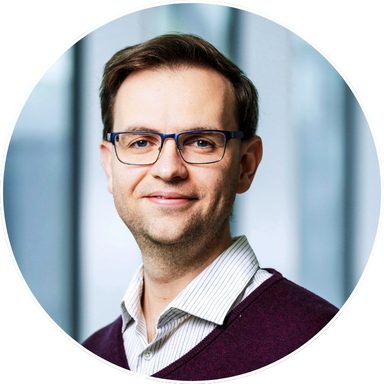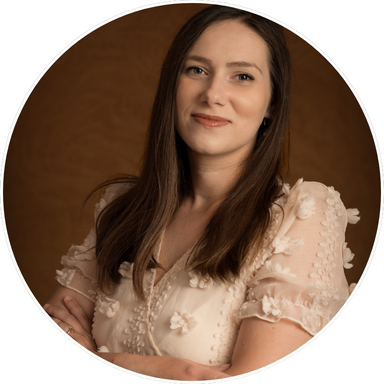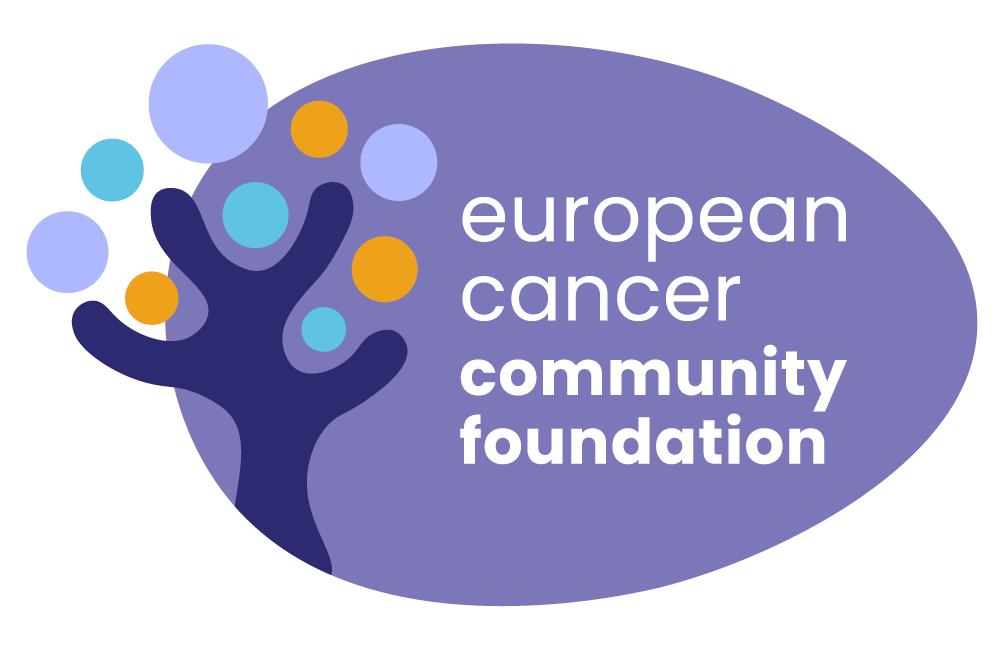The Rising Star Grants
Europe has made considerable progress in cancer control. But much work remains to be done. Progress depends on bright minds and innovative ideas.
The Rising Star Grants support quality cancer research and nurture the next generation of academics, investigators, researchers, and nurses. The European Cancer Community Foundation seeks to empower applicants from all areas of cancer research, based on individual merit and availability of funds. The Foundation is committed to supporting investigators from underrepresented populations in medicine and research. It also strives to strengthen diversity and inclusion in the oncology workforce and Europe’s cancer community.
Innovative ideas require robust support to thrive. The Rising Star Grants provide each winning submission a total of € 3,000 to support a specific future research project and will be awarded at the European Cancer Summit in Brussels this November. Applications are currently closed.
Meet the Winners

Balázs Ács

Tihana Gašpert
In a special session of the European Cancer Summit 2025, Associate Professor Balázs Ács (Karolinska Institutet, Sweden) and PhD student Tihana Gašpert (University of Maribor, Slovenia) were awarded grants to support their innovative research projects.
These initiatives aim to improve cancer care by using artificial intelligence to better predict outcomes in breast cancer, while also providing compassionate, Caritas-based support for the emotional and social needs of people with cancer. Together, the studies seek to strengthen both the accuracy and the human side of care for those most affected — the patients.
Congratulations on this remarkable achievement, and best wishes for the implementation process!
Review process
Grant Selection Committee
Our Grant Selection Committee evaluates applications and recommends which ones to fund. The Committee is appointed by the Board of the European Cancer Community Foundation and comprises three experts representing different European Cancer Organisation Member Societies and/or Patient Advisory Committee members. Grant Selection Committee members may include academics, professors of medicine, nursing, pharmacy or other healthcare–related fields, biostatisticians, scientific reviewers, patient representatives or other lay members. All reviewers volunteer their time and receive no compensation for their services.
Selection Criteria
- All applications will be evaluated on the following criteria:
- Overall impact: Will the results likely change current practice, have a clinical impact or contribute to improving cancer policies?
- Will the results be of interest across the European Cancer Community?
- Research Design: Is the methodological design thoroughly described in this application, in addition to the target population, the eligibility criteria, intervention, study endpoints and planned analysis? Does it include/promote a participatory approach actively involving patients, other groups directly affected by the research, or their representatives?
- Scientific Relevance: Does the research address an important or novel question?
Decisions of the Grant Selection Committee will be taken on a majority basis after weighing all relevant factors. Detailed records of deliberations will be taken and will remain confidential. Members of the Grant Selection Committee will exercise their discretionary powers in good faith, and for the specific, intended and authorised purpose. Feedback may be provided by the Grant Selection Committee upon written request.
Who can apply
The European Cancer Community Foundation Rising Star Grant was intended for the best and brightest young cancer professionals, as they establish an independent cancer research programme, especially those within the European Cancer Organisation (ECO)’s Focused Topic Networks. The research must have a patient-oriented focus and may include a basic, translational, clinical, public health, or implementation research study involving or applicable to human subjects.
Eligibility
Applicants must meet the following criteria to qualify for a Rising Star Grant:
- Be a qualified nurse, pharmacist, physician or researcher working in any country in the WHO European Region.
- Be under 40 years of age.
- Have a valid, active medical/nursing/pharmaceutical license or research position in the country where the research will be conducted at the time of application.
- Have completed productive research in their field of expertise.
- Be a member of the Young Cancer Professionals group or have submitted a membership application with the grant application.
- Have a mentor from the institution where the young professional is currently active, who must provide a letter of support.
- Applicants may not concurrently hold other career development awards or other forms of funding from private foundations or European Programmes.
- Past recipients of European Cancer Community Foundation grants are eligible to apply no sooner than two years after having received the previous grant.
Ineligible Applicants
- Members of the Selection Committee, their spouses/partners or first-degree relatives are not eligible to apply.
- Currently serving Board members of the European Cancer Community Foundation or the European Cancer Organisation or Focused Topic Network Co-Chairs are not eligible to apply, neither are their spouses/partners or first-degree relatives.
- Should applications be received from the institutions of members of the Selection Committee, the respective Steering Committee member will declare a conflict of interest on the specific application and will not evaluate that application.
- ECO Staff members or consultants are not eligible to apply.
Applicants who are uncertain about their eligibility are encouraged to contact us for clarification and provide their latest CV for evaluation.
Instructions for applicants
- The application should not exceed two printed pages (estimate 250 words per double-spaced page, using a 12-point Times New Roman font and minimal spacing elements) and be presented in the following order:
- The application should start with a summary paragraph, which is separate from the main text and avoids numbers, abbreviations, acronyms, or measurements unless essential. It is aimed at readers outside the discipline.
- This summary paragraph should be structured as follows: 2-3 sentences of basic-level introduction to the research project; a brief account of the background and rationale of the work; a statement of the main conclusions (introduced by the phrase ‘Here we plan to show’ or its equivalent); and finally, 2-3 sentences putting the main findings into general context so it is clear how the results described in the paper will have moved the field forwards.
- Main text separated under appropriate headings and subheadings using the following hierarchy: BOLD CAPS, bold lower case, Plain text, Italics.
- Tables should be in Word format and placed in the main text where the table is first cited.
- Acknowledgments, Competing Interests, Funding and all other required statements where necessary.
- Figures must be uploaded as separate files. All figures must be cited within the main text in numerical order and legends should be provided at the end of the application.
